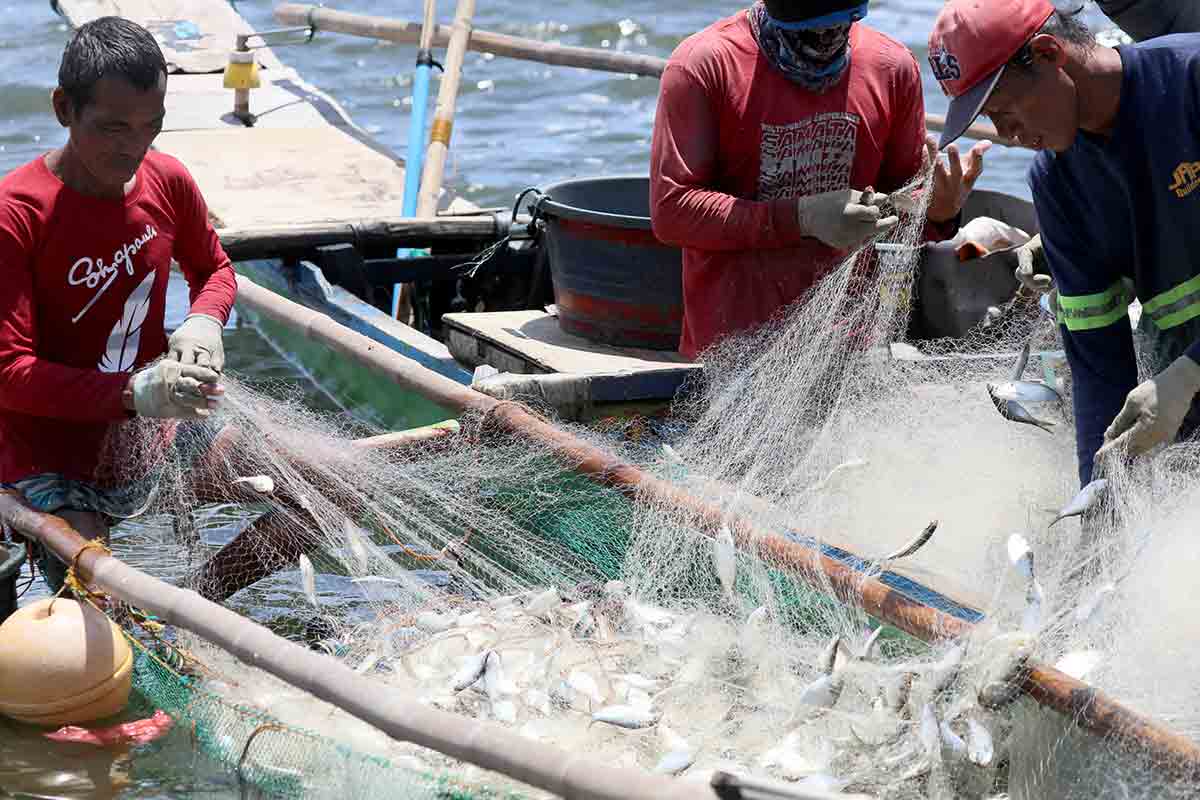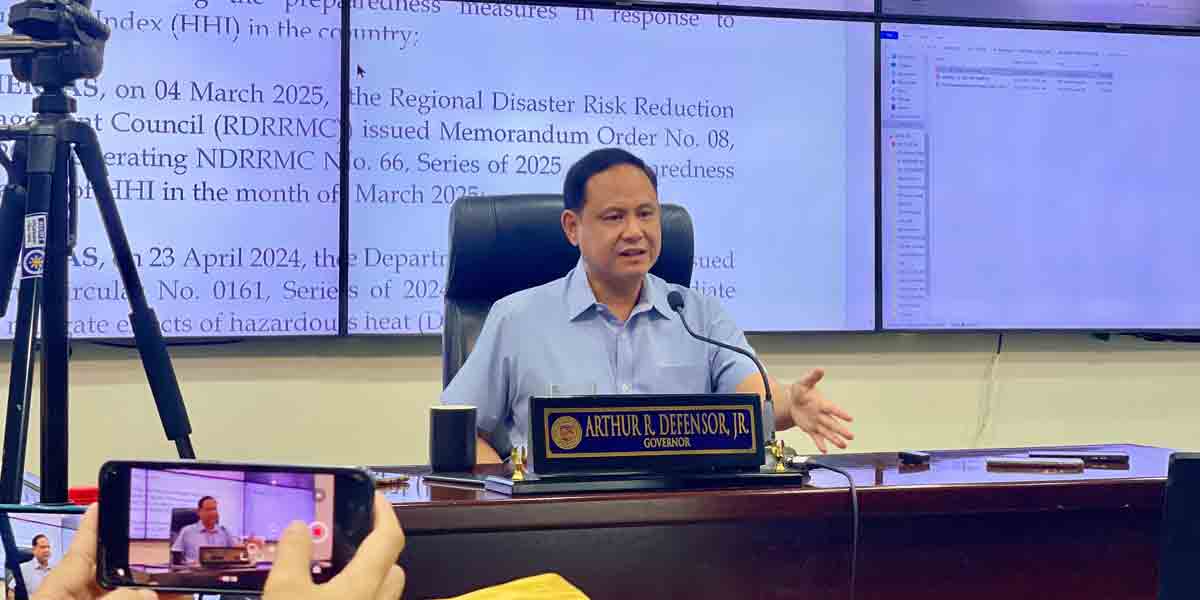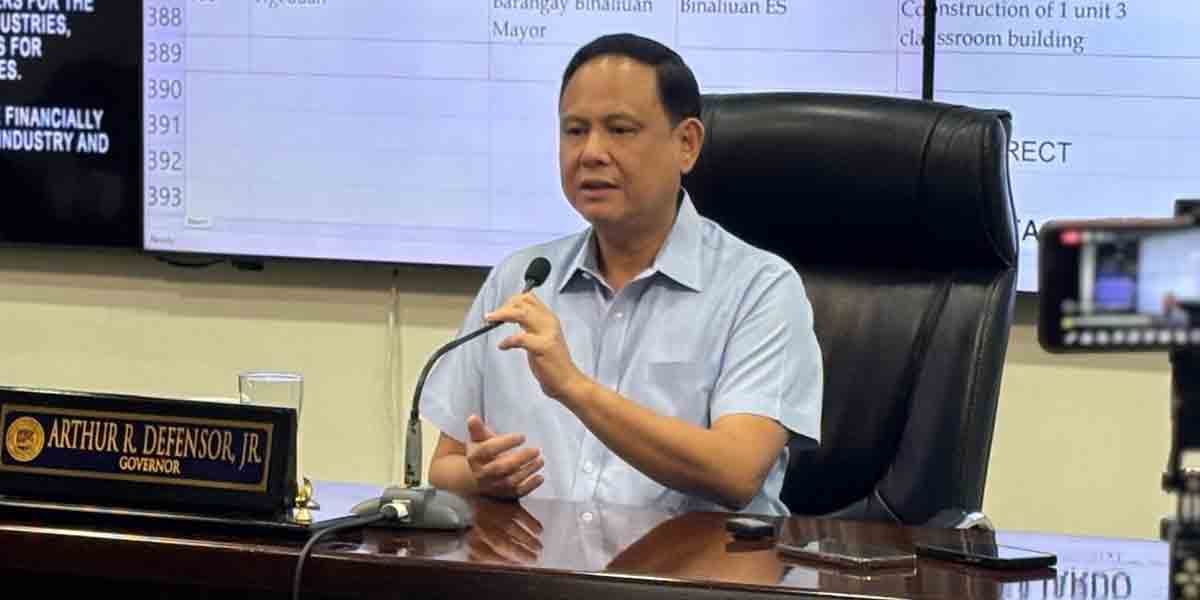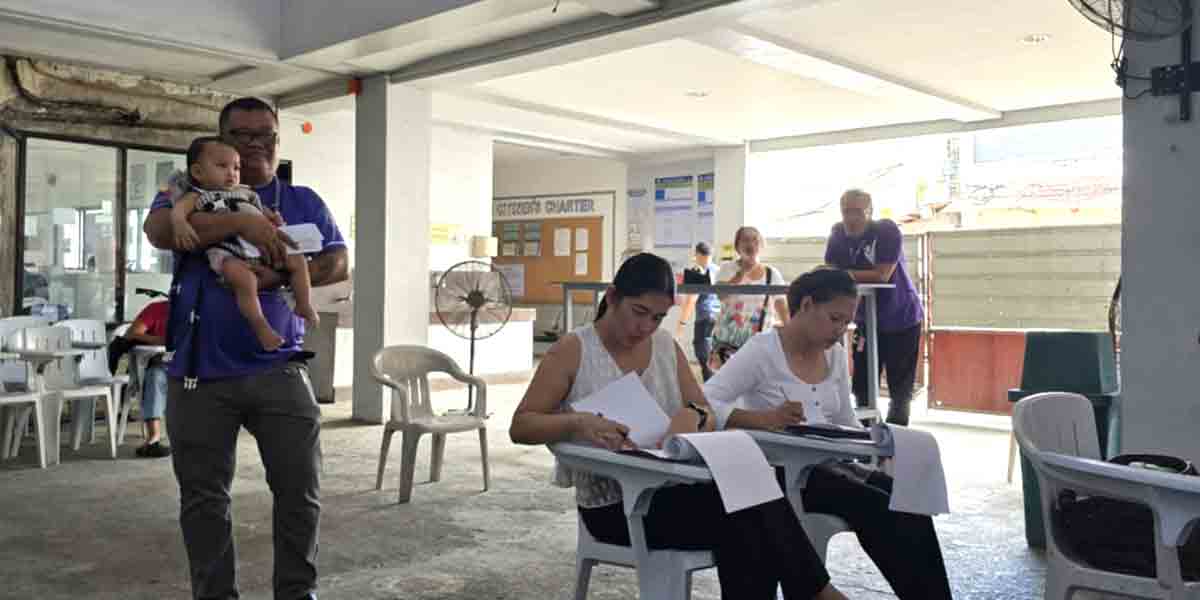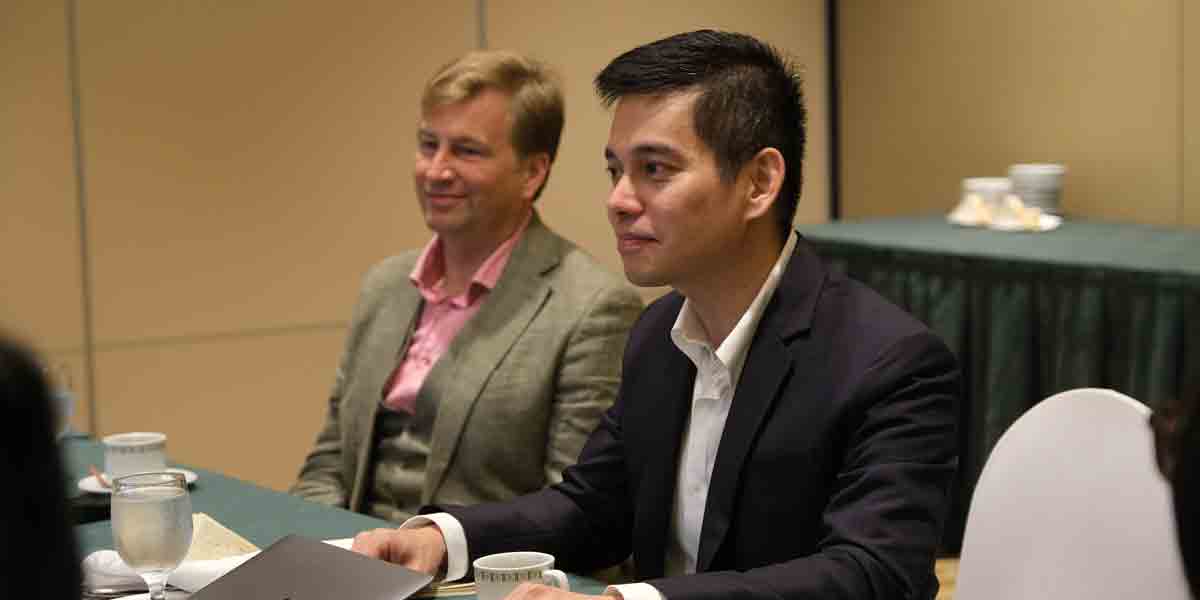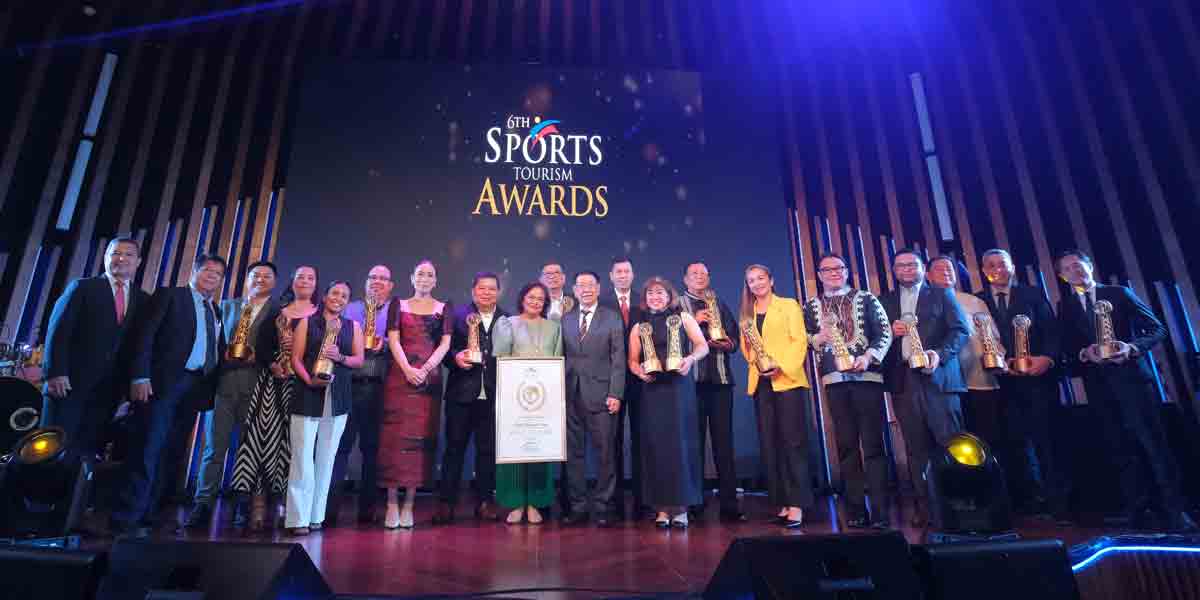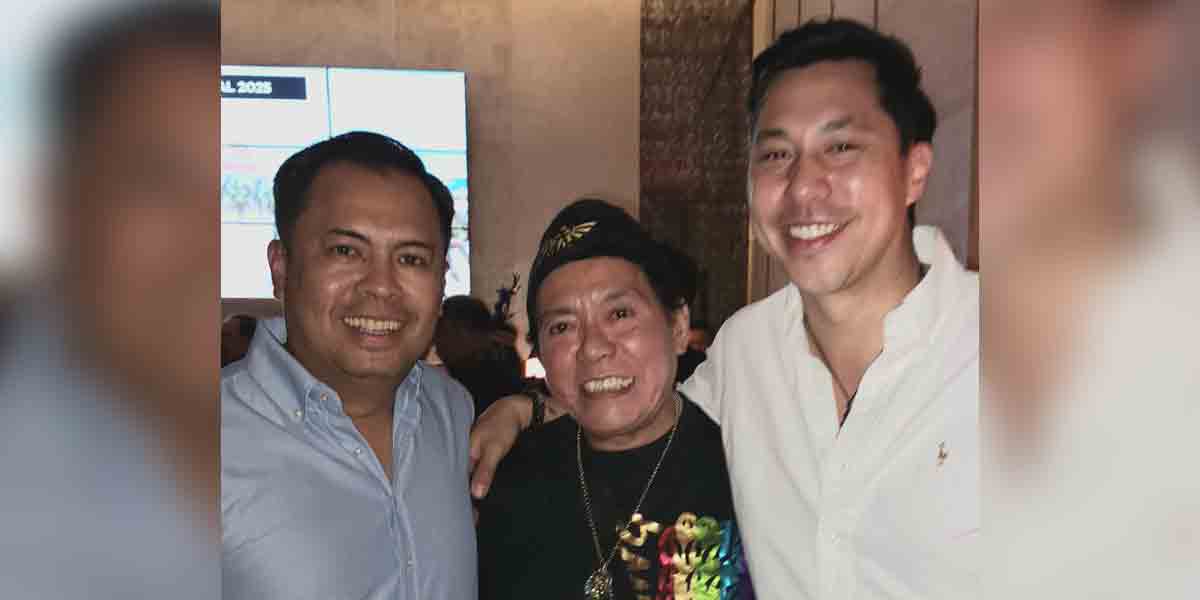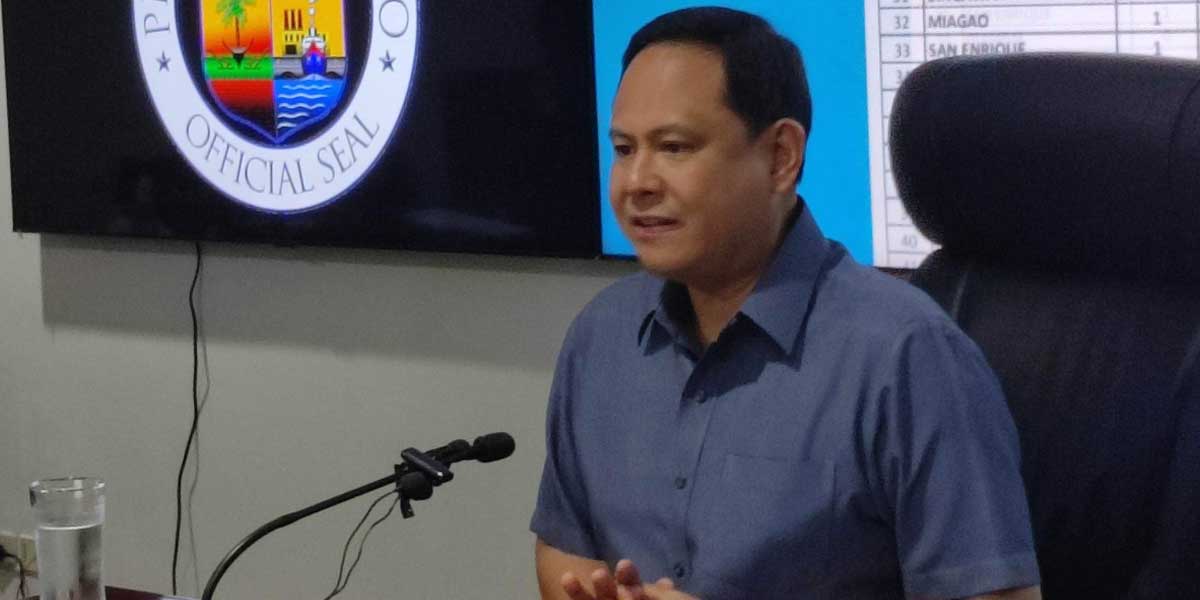By Herman M. Lagon
When my former secretary at the office I formerly managed in our university approached me to share my reflection on my experiences as a school administrator spearheading internationalization initiatives, I recognized an opportunity to revisit a pivotal chapter in my professional journey. What began as a response to fulfill his academic requirement soon evolved into a meaningful narrative worth sharing. This recount highlights the milestones and challenges we faced and serves as a testament to the transformative power of internationalization in shaping individuals, institutions, and communities. Below, I share my reflections on this remarkable journey.
During my tenure as Director of an office in charge of international affairs and linkages in our university from August 2022 to April 2024, I had the privilege of spearheading initiatives that helped expand the institution’s global presence, cemented by CHED’s issuance of the Regional Quality Awards in International Initiatives to us in 2024. These 21 months were filled with significant milestones, but they were also marked by humbling realizations about the work needed to deepen our internationalization efforts and align them with global standards.
When I assumed office leadership, fresh from 21 years of administrative experience in Jesuit basic education, which also partly includes bringing hundreds of teachers and students abroad for immersion and formation, I quickly discovered that the office I then inherited was in its infancy regarding established and upgraded processes and protocols. Except for a few archived files from the former, we had little to no structured and updated documentation, templates, or procedural guidelines. I began the arduous task of creating these from scratch with my secretary and campus coordinators. This included re-designing forms, improving process flows, making sense of existing old files, and setting up protocols and strategic goals to streamline operations and make the office more functional.
Preparing reports and making sense of what “had been” were particularly daunting due to the dearth of certified exemplars. Resourcefulness, proactiveness, and initiative became indispensable. I leaned heavily on consultations, asking questions from experienced colleagues, administrators, and fellow izn heads from other schools, and experimenting with innovative solutions. This period was a testament to the value of humility—acknowledging what I did not know and being open to making mistakes, learnings, and suggestions—and the importance of building systems that can endure beyond a single term of leadership.
One of the most eye-opening aspects of my role was managing the complex paperwork required for internationalization efforts. Whether processing the travel documents of students or faculty, coordinating with the Administrative and Academic Councils, the Board of Trustees, and the Commission on Higher Education (particularly the OSDS and IAS), or navigating the requirements of the school offices, travel agencies, Bureau of Immigration, Department of Tourism, and the Department of Health, every step involved meticulous effort. These challenges, which I am sure other izn offices nationwide also endure, reinforced the importance of organizational skills, patience, linkage, projection, relational investment, and an unrelenting commitment to ensuring that our international engagements met all regulatory requirements.
Between 2022 and early 2024, I had the opportunity to participate in benchmarking activities, consultations, and conventions in Iloilo, Bacolod, Cebu, Davao, Manila, Thailand, and Japan, all to learn like a sponge from the robust internationalization programs of other institutions. Observing their systems underscored the gaps in our initiatives. Their comprehensive exchange programs, streamlined administrative processes, and deeply ingrained international culture highlighted areas where our university could grow. These realizations were humbling but inspiring, as they reaffirmed the importance of perseverance and innovation to achieve comparable levels of success.
Despite these challenges, it was clear that our university had [and continues to have] immense potential. As a budding two-year-old university, our efforts at internationalization—student and faculty exchanges, international partnerships, cross-international talks, global internships, izn-related celebrations, cross-visits, foreign student admission, academic collaborations, and glocal sustainability advocacies—were in their formative stages, which provided an opportunity to build a strong foundation for the future. Local and international benchmarking trips and consultations showed me what we lacked and could achieve if we maintained focus and determination.
Even after transitioning to my current role as Director of the Public Affairs, Marketing, and Media Communications Office (PAMMCO) in April 2024, my work in internationalization did not cease. After my izn chores, I was still able to travel to Thailand in June for inter-school immersion and benchmarking and met our interns in Bangkok again. In Japan last August, I participated in the Asian International Mobility for Students (AIMS) summer intensive training program. These experiences and family trips to Singapore and Malaysia last August further broadened my perspective and reaffirmed the value of global exposure.
Although my primary responsibilities have shifted, I continue collaborating with the OIAL to ensure the continuity of our school’s internationalization initiatives and advocacies. This reflects a broader realization: internationalization is not confined to a single office or individual. It is a collective endeavor that requires sustained effort from all stakeholders.
Internationalism is a transforming power that shapes the fiber of an institution, not only a university buzzword. It enhances faculty and students’ lives, broadens perspectives, builds resilience, and equips them with vital skills for a globalized world. For the university, it improves its worldwide reputation and opens doors to partnerships, collaborations, accreditations, and certifications as it also strengthens curricular programs.
This work is vital at our university since it supports our institutional goal of equipping students with the possibilities and challenges of a rapidly globalizing world. Being at a young university gives us a unique advantage in internationalizing our DNA to naturally shape our identity and behavior.
Reflecting on my time with the OIAL, I am grateful for the opportunities, challenges, and lessons that came my way, thanks to my secretaries, my chairpersons and coordinators, my colleagues, and, most especially, the school administrators who were bold enough to gamble with and for me. Leading the university’s internationalization efforts required resilience, adaptability, and a global vision for what our university could become. While the journey was demanding, it also demonstrated the immense potential of our young university to leave a lasting mark in the international academic community.
May this journey inspire others to embrace the complexities of internationalization and pursue excellence in building bridges across borders. Together, we can transform institutions into global collaboration and innovation hubs, paving the way for a more interconnected and empowered future.
***
Doc H fondly describes himself as a “student of and for life” who, like many others, aspires to a life-giving and why-driven world grounded in social justice and the pursuit of happiness. His views do not necessarily reflect those of the institutions he is employed or connected with.

